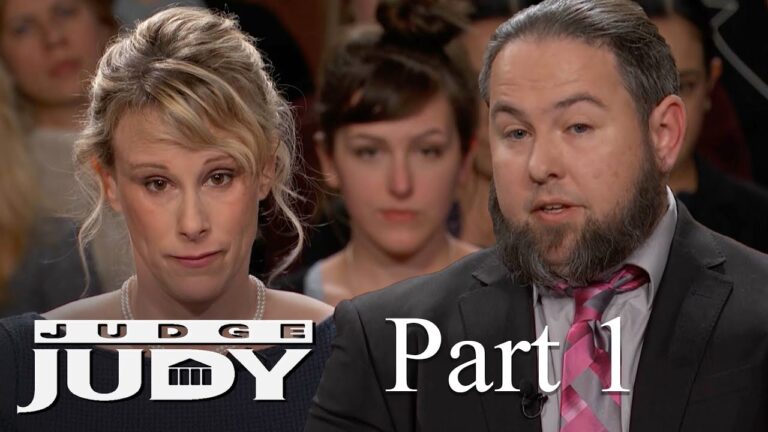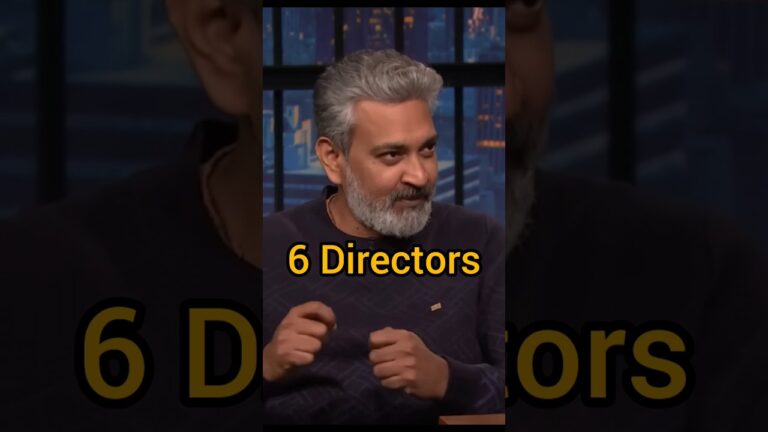High-Paying Provost (Military Police) Job: Salary & Description!

Provost (Military Police) Job Description Template
Provost (Military Police) Job Description The provost, also known as the military police, plays a crucial role in maintaining discipline, law, and order within the armed forces. They are responsible for enforcing military regulations, conducting investigations, and ensuring the safety and security of military personnel and facilities. One of the key responsibilities of a provost is to patrol military installations and premises to prevent and detect any unauthorized activities or security breaches. They may conduct routine checks, monitor access points, and respond to incidents such as theft, vandalism, or other criminal activities. Additionally, they are responsible for traffic control and enforcement on military bases, ensuring the smooth flow of vehicles and pedestrians. Another important aspect of the provost role is conducting investigations. They may be called upon to investigate incidents such as misconduct, breaches of military regulations, or criminal offenses committed by military personnel. They gather evidence, interview witnesses, and compile reports to support legal proceedings or disciplinary actions. The provost also assists in maintaining good order and discipline within the military community. They may provide guidance to soldiers on matters related to military regulations, code of conduct, and disciplinary procedures. Additionally, they may conduct training sessions and workshops to educate military personnel on relevant laws and regulations. In summary, the provost, or military police, is a vital component of the armed forces, ensuring the safety, security, and discipline of military personnel and facilities. They play a critical role in maintaining law and order within the military community, conducting investigations, and enforcing military regulations.Provost (Military Police) Responsibilities
Provost (Military Police) Requirements
How Much Does A Provost (Military Police) Make?
Provost (Military Police) Salary
| Rank | Monthly Salary |
|---|---|
| Private | $1,638 |
| Corporal | $2,098 |
| Sergeant | $2,693 |
| Staff Sergeant | $3,114 |
| Warrant Officer | $3,539 |
| Chief Warrant Officer | $4,022 |
| Lieutenant | $4,485 |
| Captain | $5,241 |
| Major | $6,141 |
| Lieutenant Colonel | $7,142 |
| Colonel | $8,042 |
In the military, the salary of Provost (Military Police) personnel varies based on their rank. The table above displays the monthly salaries for different ranks within the Provost (Military Police) branch. The salaries range from $1,638 for a Private to $8,042 for a Colonel. Higher ranks generally receive higher salaries due to increased responsibilities and years of service. It is important to note that these figures are approximate and may vary based on factors such as experience, location, and additional benefits.
Provost (Military Police) Salaries by Country
Top Paying Countries for Provost (Military Police)
| Country | Annual Salary |
|---|---|
| United States | $50,000 – $100,000 |
| Canada | $40,000 – $80,000 |
| Australia | $50,000 – $90,000 |
| United Kingdom | £30,000 – £60,000 |
| Germany | €35,000 – €65,000 |
Provost, also known as military police, is a crucial role in maintaining discipline and enforcing laws within the military. The salaries of provost personnel vary across different countries. According to the provided table, the top paying countries for provosts include the United States, Canada, Australia, United Kingdom, and Germany. These countries offer competitive annual salaries ranging from $40,000 to $100,000, depending on rank and experience. It is worth noting that salaries may vary further based on factors such as additional benefits, cost of living, and specific military branches. Provosts play a vital role in ensuring the safety and order within military establishments worldwide.
A video on the topic Provost (Military Police)
Video Source : West Midland RFCAInterview Questions for Provost (Military Police)
1. Can you tell us about your background and experience as a Provost (Military Police)?
I have been serving in the military for over 15 years, with the last 8 years dedicated to the Provost (Military Police) branch. During this time, I have gained extensive experience in law enforcement, security operations, and maintaining discipline within the military community.
2. What are the main responsibilities of a Provost (Military Police) officer?
As a Provost officer, my main responsibilities include ensuring the safety and security of military personnel, investigating and preventing crimes, enforcing military laws and regulations, maintaining order and discipline, and providing support to military operations both domestically and internationally.
3. How do you handle challenging situations or conflicts within the military community?
In challenging situations or conflicts, I rely on my training in conflict resolution, effective communication, and understanding the dynamics of the military community. I strive to maintain a fair and impartial approach, ensuring that all parties involved are heard, and finding a resolution that aligns with military regulations and the best interests of the community.
4. Can you explain the importance of maintaining discipline within the military?
Maintaining discipline is crucial within the military for several reasons. It ensures the effectiveness and readiness of the armed forces, promotes a culture of respect and professionalism, safeguards the well-being and safety of service members, and enhances the overall mission success. Discipline is the foundation of a strong military organization.
5. What strategies do you implement to prevent and address criminal activities within the military?
To prevent and address criminal activities, I employ a multi-faceted approach. This includes conducting regular patrols and security checks, implementing effective access control measures, conducting thorough investigations, collaborating with other law enforcement agencies, providing comprehensive training programs to military personnel, and promoting a culture of accountability and reporting.
6. How do you ensure the fair and just treatment of individuals during investigations and disciplinary proceedings?
During investigations and disciplinary proceedings, I ensure the fair and just treatment of individuals by following established military procedures and legal guidelines. This includes conducting impartial investigations, providing individuals with the opportunity to present their side of the story, ensuring confidentiality when necessary, and basing disciplinary decisions on evidence and applicable regulations.
7. Can you describe a time when you had to handle a high-pressure situation as a Provost officer?
As a Provost officer, I have encountered several high-pressure situations. One example was during a large-scale military exercise where a security breach occurred. I quickly coordinated with other Provost officers and military units to assess the situation, establish a perimeter, and apprehend the individuals responsible. Through effective communication and swift action, we were able to resolve the situation without further incident.
8. How do you stay updated with the latest advancements and best practices in the field of military policing?
To stay updated, I regularly attend professional development courses, workshops, and conferences related to military policing. I also engage in continuous self-study, keeping up with relevant publications, research, and case studies. Additionally, I actively seek feedback from colleagues and share knowledge within the military policing community.
9. How do you balance the enforcement of military laws with maintaining positive relationships within the military community?
Balancing the enforcement of military laws with maintaining positive relationships requires a delicate approach. I strive to establish open lines of communication, build trust, and promote transparency within the military community. By enforcing laws fairly, providing opportunities for education and improvement, and demonstrating empathy, I aim to foster a positive environment while upholding discipline.
10. What do you consider to be the most rewarding aspect of being a Provost (Military Police) officer?
The most rewarding aspect of being a Provost officer is knowing that I am contributing to the safety, security, and well-being of my fellow service members. It is fulfilling to see the positive impact of maintaining discipline and enforcing military laws, and to know that I am playing a role in upholding the values and standards of the military profession.






